SEL Meteing
SEL-735
Power Quality and Revenue Meter
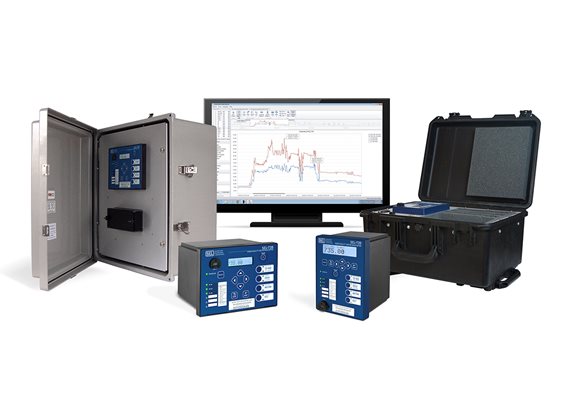
The SEL-735 Power Quality and Revenue Meter is fully Class A-compliant to the IEC 61000-4-30 power quality standard. With reliable Class A measurement, operators can identify power system anomalies and isolate their source with confidence.
SEL-734
Revenue Meter

The SEL-734 Meter exceeds ANSI and IEC Class 0.2 accuracy with four-quadrant energy and demand metering. Advanced load profile trending compatible with MV-90, DNP3, and Modbus protocols ensures integration with practically any billing system. In addition to a full set of revenue metering features, advanced power quality monitoring will report costly system disturbances.
SEL-734B
Advanced Monitoring and Control System
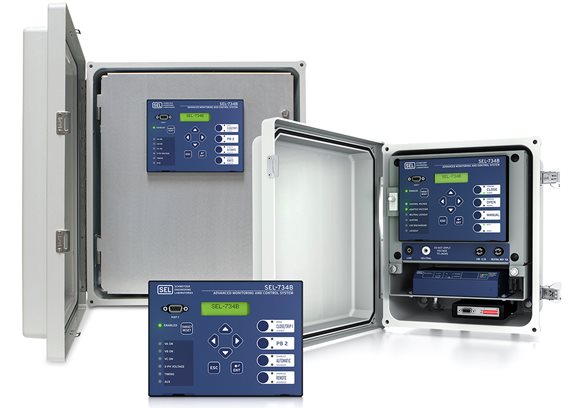
The SEL-734B with low-energy analog (LEA) inputs provides advanced monitoring and control capabilities for applications, such as capacitor bank control and feeder monitoring. LEA sensor compatibility allows safe, fast, and inexpensive installations. Advanced communications report data to SCADA systems and allow remote operations from a control center.
SEL-734T
Advanced Digital Transducer
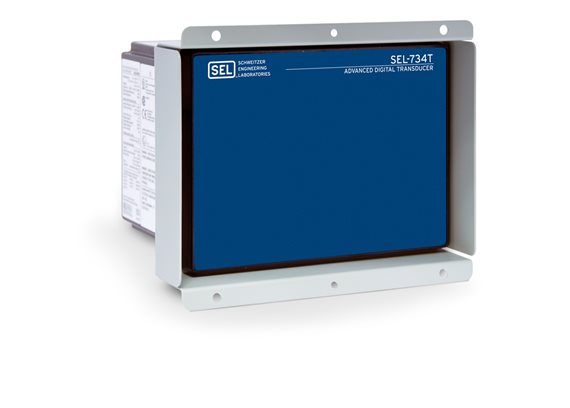
Replace monitors and transducers; monitor real-time power, energy, and power quality; and communicate these data in real-time with the new surface-mount SEL-734T Advanced Digital Transducer. Priced at just $1,144, the surface-mount transducer provides a low-cost monitoring and control solution for distribution and integrated power systems.
SEL-5630
acSELerator Meter Reports
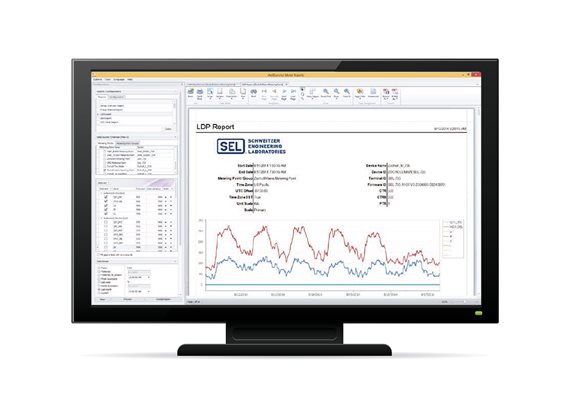
SEL meters help you monitor electric load profiles and power quality across your system. You can combine SEL meters with pulse-type or DNP3-enabled devices to monitor consumption of other resources, such as water, air, gas, and steam. SEL acSELerator Team SEL-5045 Software automatically retrieves and stores metering data on these resources in a centralized database.
SEL-5230
acSELerator Database API
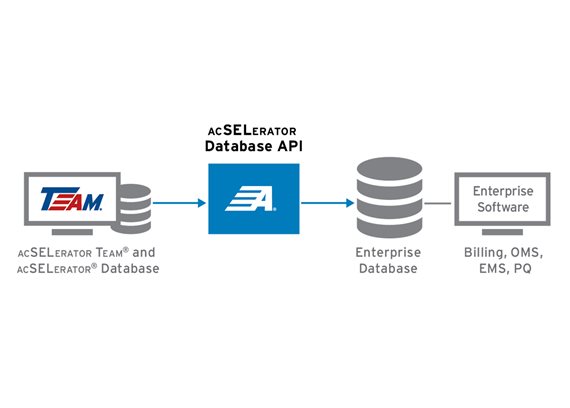
The acSELerator Database API is a representational state transfer (RESTful) web service that provides access to device data collected by acSELerator Team SEL-5045 Software. Once acSELerator Team archives data in the acSELerator Database, third-party software tools can use the acSELerator Database API to send standard HTTP GET requests as well as “strongly typed” request objects.